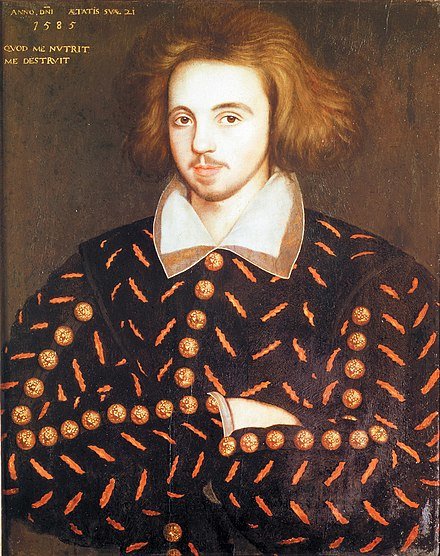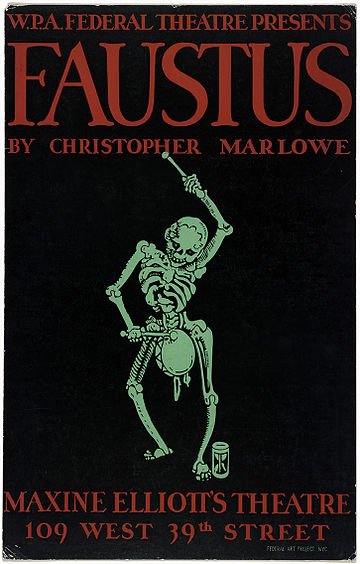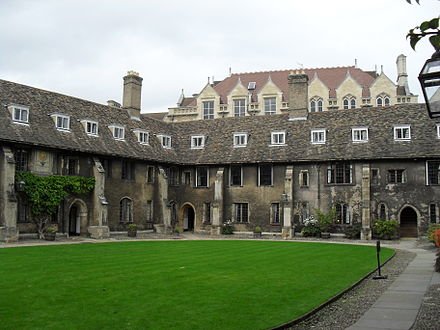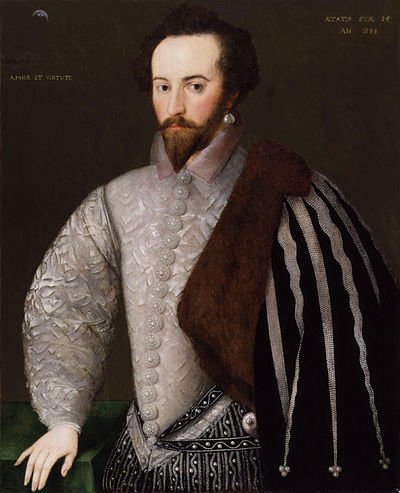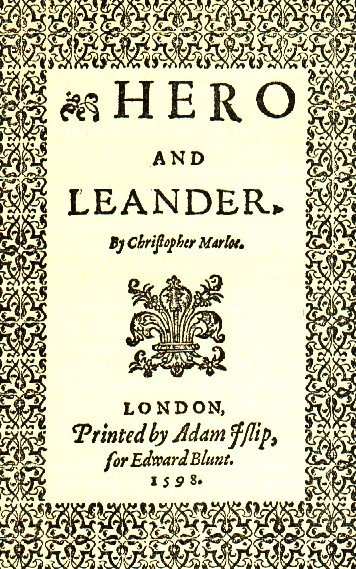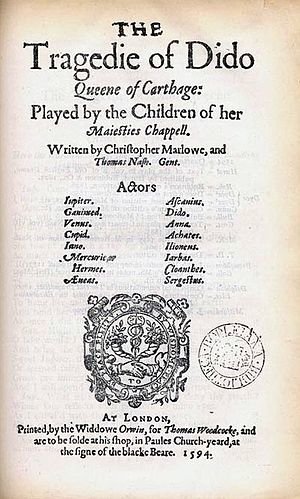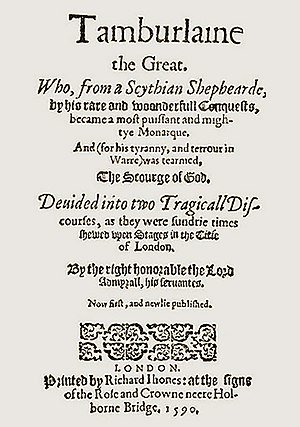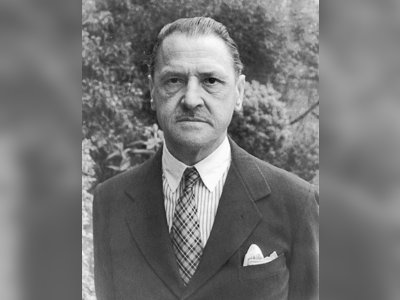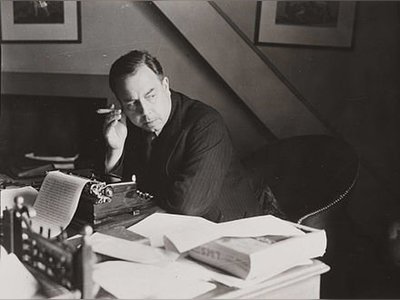British Heritage
Remember, Cherish, Learn.
beta
Christopher Marlowe
A Legacy to British Heritage.
Introduction
Christopher Marlowe, baptized on 26th February 1564, was a prolific playwright, poet, and translator during the Elizabethan era. Renowned for his contributions to English literature, Marlowe's impact on the literary scene was substantial and his influence profound. Marlowe's works, characterized by their overreaching protagonists and innovative use of blank verse, set a high standard for his contemporaries and left a lasting impression on the course of British drama. Despite his early demise in 1593 under mysterious circumstances, Marlowe's literary legacy and contributions to British heritage remain undeniably significant.
Contribution to British Heritage
Marlowe's contributions to British heritage are multifaceted and far-reaching. He played a pivotal role in shaping the Elizabethan theater and elevating it to new heights. One of Marlowe's most remarkable achievements was the popularization of blank verse, an unrhymed iambic pentameter, as a standard poetic and dramatic form. This innovation marked a departure from the conventional rhymed verse and enabled playwrights, including William Shakespeare, to experiment with language and storytelling.
His pioneering work laid the foundation for the English Renaissance drama, influencing the development of subsequent playwrights. Marlowe's dramatic techniques, complex characters, and exploration of human nature inspired generations of writers, contributing significantly to the flourishing literary tradition of the Elizabethan and Jacobean eras.
Success and Literary Achievements
Marlowe's success as a playwright was evident from the widespread popularity of his works during his lifetime. His first play, "Tamburlaine," made a resounding impact upon its performance in 1587, earning him critical acclaim and widespread recognition. It propelled him to the forefront of the Elizabethan theatrical scene and established him as one of the leading dramatists of the era.
Following the triumph of "Tamburlaine," Marlowe continued to produce a series of remarkable plays, including "Doctor Faustus," "The Jew of Malta," and "Edward II." Each play showcased his unique style, exploring themes of ambition, power, and the human condition. Marlowe's powerful portrayal of morally complex and ambitious characters, as well as his exploration of the darker aspects of human nature, captivated audiences and secured his place in the pantheon of great British playwrights.
His tragic early death in 1593 at the age of 29 left a void in the Elizabethan theater, and many scholars believe that his untimely demise deprived the world of further masterpieces that could have cemented his place as one of the greatest playwrights in history.
Marlowe's Impact on British Literature
Marlowe's influence on British literature extended beyond the realm of theater. His translations of classical works, such as those of Ovid, demonstrated his literary prowess and added to his reputation as a versatile and accomplished writer. Additionally, his literary innovations, including his use of blank verse and realistic emotions, paved the way for subsequent generations of playwrights and poets.
One of the most significant aspects of Marlowe's legacy is his alleged influence on William Shakespeare, who shared the same birth year as Marlowe. Some scholars speculate that Shakespeare, who went on to become the pre-eminent playwright of the Elizabethan age, was deeply inspired by Marlowe's dramatic works and literary techniques. Whether or not Marlowe directly influenced Shakespeare remains a subject of debate among scholars, but there is little doubt that Marlowe's contributions to British literature had a lasting impact on the trajectory of the country's dramatic tradition.
The Mystery of Marlowe's Death
As with much of his life, the circumstances surrounding Marlowe's death remain shrouded in mystery. On May 30, 1593, Marlowe was killed in a violent altercation in a house in Deptford. The exact details of the event, including the identities and motivations of those involved, have been the subject of speculation and conjecture for centuries.
Various theories about Marlowe's death have emerged, ranging from a bar-room brawl to involvement in espionage activities. Some scholars believe that Marlowe's involvement in politically sensitive matters may have led to his demise, while others suggest personal animosities or romantic entanglements as potential causes. The truth behind Marlowe's death may never be fully known, adding an air of intrigue to the legacy of this enigmatic playwright.
Conclusion
Christopher Marlowe's impact on British heritage is unquestionable. His innovative use of blank verse, complex characterizations, and exploration of profound themes left an indelible mark on the Elizabethan theater and influenced subsequent generations of playwrights and poets. Despite his untimely death, Marlowe's literary achievements continue to be celebrated, and his legacy endures as an integral part of the rich tapestry of British literature. As audiences continue to revisit his plays and scholars explore his life and works, Christopher Marlowe remains a significant figure in the pantheon of great British writers.
- Christopher Marloween.wikipedia.org

